Hide author name in blog posts WordPress
Are you a blogger who wants to maintain a sense of mystery and anonymity? Or you’re running a multi-author blog and want to streamline the content by removing individual author names. Whatever your reason, hiding the author’s name in your blog posts on WordPress is easier than you think! In this article, we’ll guide you through concealing the author’s identity while giving credit where it’s due. So if you’re ready to master the art of keeping secrets in plain sight, keep reading!

How to hide author names in blog posts on WordPress.
If you want to hide the author’s name in your blog posts, Here are some simple and best steps.
You can hide or change a user’s author name by going to the “Users” tab in your WordPress dashboard, selecting the user, and clicking “Edit.”
Scroll down until you see the section labeled “Name.” Here, you can change the display name for that particular user. You have two options: enter a new display name or choose a different username altogether.
If you prefer not to associate any specific author with your blog posts, consider using a generic or pseudonymous display name such as “Admin” or “Guest Author.” This helps maintain an air of mystery while providing content for your readers.
Once you’ve made your changes, remember to save them by clicking on the “Update Profile” button at the bottom of the page. When visitors read your blog posts, they can only see who authored them if explicitly mentioned within each post.
By hiding or changing your author name in WordPress, you can control how your content is presented without compromising anonymity if that’s what you desire. It’s all about finding what works best for you and aligns with your blogging goals. So go ahead and give it a try – unleash that creative freedom!
Why you might want to hide your author name
You should hide your author name in blog posts on WordPress for several reasons. One reason could be privacy concerns. Some bloggers prefer to keep their personal information private and not disclose their real names online.
Another reason could be the desire for anonymity. Sometimes, bloggers may write under a pseudonym or pen name to separate their identity from their writing. This can give them more freedom and flexibility in expressing their thoughts and opinions without fear of judgment or repercussions.
Additionally, hiding the author name can create a sense of mystery and intrigue for readers. It allows them to focus solely on the content without preconceived notions or biases based on the author’s identity.
Moreover, hiding the author name can also prevent unwanted attention or harassment. By keeping their identity concealed, bloggers can avoid potential negative interactions or situations from being easily identifiable online.
There are valid reasons why someone might hide their author name in blog posts on WordPress – for privacy, anonymity, creating intrigue, or avoiding unwanted attention.
What are the consequences of hiding your author name?
Hiding your author name in blog posts on WordPress can have both positive and negative consequences. On the one hand, it may help protect your privacy and prevent unwanted attention or harassment. Some authors prefer to remain anonymous for personal or professional reasons, and hiding their names allows them to focus solely on their content without distractions.
However, there are also potential downsides to hiding your author’s name. One of the main consequences is that it can diminish transparency and credibility in readers’ eyes. When people visit a blog post, they often want to know who wrote it to assess the author’s expertise, reputation, and trustworthiness. Removing the author’s name inadvertently creates skepticism among your audience.
Another consequence is that hiding your author’s name makes it difficult for readers to establish a connection with you as an individual. Building relationships with readers is crucial in blogging because it fosters loyalty and engagement. You need to know who you are to make readers feel more inclined to interact with your content or leave comments.
Moreover, by concealing your identity as an author, you can take advantage of potential opportunities for networking and collaboration within the blogging community. Publicly displaying your work under a consistent author name helps others discover you and connect with like-minded individuals.
Hiding your author’s name could negatively impact search engine optimization (SEO). When ranking websites in search results, Google considers various factors – one being authority signals such as recognized authors or thought leaders within specific niches. If you hide your identity consistently across all blog posts without establishing yourself online through guest posting or other means of building credibility outside of WordPress alone – this could hinder SEO efforts.
While hiding your author’s name offers certain benefits, such as privacy protection, it also comes with consequences that should be carefully considered before making a decision.
How to change your author name in WordPress
Changing your author name in WordPress is a simple process. WordPress allows you to customize how your author name appears on your blog posts, whether you want to use a pseudonym or update your display name.
To change your author name in WordPress, follow these steps:
1. Log in to your WordPress dashboard.
2. Go to the “Users” section and click “Your Profile.”
3. Scroll down until you find the “Name” field.
4. Update the “First Name,” “Last Name,” and “Nickname” fields with your desired author name.
5. Scroll down and click on the “Update Profile” button to save changes.
Once you have changed your author name, it will be reflected across all of your existing blog posts and any future ones you publish.
Remember, changing your author name can impact how readers perceive and connect with you as an author. Considering how this may affect branding or recognition within the blogging community is important.
By following these steps, you can easily modify and personalize how your author name is displayed on WordPress without any hassle!
How to still give credit to the author
Giving credit to the author is important, even if you hide their name in your blog posts on WordPress. While hiding the author’s name may have its reasons, it doesn’t mean you should disregard acknowledging their work and contribution.
One way to still give credit to the author is by including a brief bio or description at the end of each post. This can be done by creating an “About the Author” section where you provide background information about the writer without mentioning their name explicitly.
Another approach could be using a generic pseudonym or pen name for all your authors. This allows you to maintain consistency and give credit without revealing specific identities. You can create a separate user account with a generic display name for each writer, ensuring they receive recognition for their work.
Additionally, linking to any external sources used in your blog post is crucial when giving credit. If an article or research from another author has influenced your content, include proper citations or hyperlinks within your post. This acknowledges their work and adds credibility and transparency to your writing.
Encouraging guest bloggers or contributors who are comfortable having their names hidden can also be an effective way of giving credit while maintaining anonymity. By allowing them space on your platform and highlighting their expertise through well-curated content, you are still providing recognition for their efforts.
Remember that even though you may hide author names for various reasons, such as privacy concerns or team-based blogging approaches, it remains essential always to acknowledge and appreciate those who contribute valuable content while respecting individual preferences.
Conclusion
After hiding your author name in blog posts on WordPress and understanding the reasons behind it, you should now be equipped with the knowledge to make an informed decision. For privacy concerns or simply wanting to create a more cohesive brand image, hiding your author name can be a useful tool.
However, it’s important to consider the consequences of this action. By removing your name from blog posts, you may lose some personal recognition and credibility as an author. Readers enjoy connecting with real people and seeing who is behind the content they consume. Also, hiding your name may make it difficult for readers to find other articles you wrote if they enjoyed your work.
Changing your display name in WordPress is straightforward if you still wish to hide your author name. Navigate to your dashboard’s “Users” section and click “Your Profile.” From there, locate the “Display Name Publicly As” option and choose a different display name or create a custom one.
While hiding author names might seem counterintuitive when giving credit where credit is due, there are alternative ways to acknowledge authors without prominently displaying their names. One option is adding an “About” page on your website that includes information about all contributing authors or creating an “Authors” section where readers can easily access individual profiles.
In conclusion, whether you hide or display your author name ultimately depends on what aligns best with your goals as a blogger or website owner. Consider both sides of the argument before making any permanent changes but remember that flexibility exists within WordPress should you change course down the line.
FAQs
FAQs
1. Can I hide the author name for all blog posts on WordPress?
Yes, you can hide the author name for all blog posts on WordPress by following the steps mentioned earlier in this article. Go to your WordPress dashboard, navigate to Settings > General, and remove any text from the “Display Name” field.
2. Will hiding my author name affect SEO?
Hiding your author name may impact SEO as search engines consider authorship a factor when determining rankings. However, if you still provide proper credit to the author within the content or through other means, it should be fine for your SEO efforts.
3. How can I credit authors when their names are hidden?
If you hide the author’s name but still wish to give credit where it’s due, there are alternative ways of acknowledging authors without displaying their names prominently. You can include a brief bio or byline at the end of each post or create an “About Us” page where readers can learn more about your team of writers.
4. Are there any plugins available for hiding author names in WordPress?
Yes, several plugins allow you to easily hide or modify how author names are displayed in WordPress blog posts. Some popular options include Hide/Remove Metadata and Author Box Plugin.
5. Can we change only specific post authors while keeping others visible?
Yes, with certain plugins and themes that offer advanced customization options, you can selectively display or hide specific post authors while leaving others visible based on your requirements.
Remember! Learn More About WordPress Solutions
While hiding an author’s name may serve certain purposes, such as maintaining privacy or creating a cohesive brand identity, it is essential always to give appropriate credit and recognition for contributions made by individuals behind the scenes. Balancing anonymity with transparency is key to building trust with readers and search engines.
By following these guidelines and using tools available within WordPress or through plugins, you can effectively manage and customize how author names are displayed in your blog.
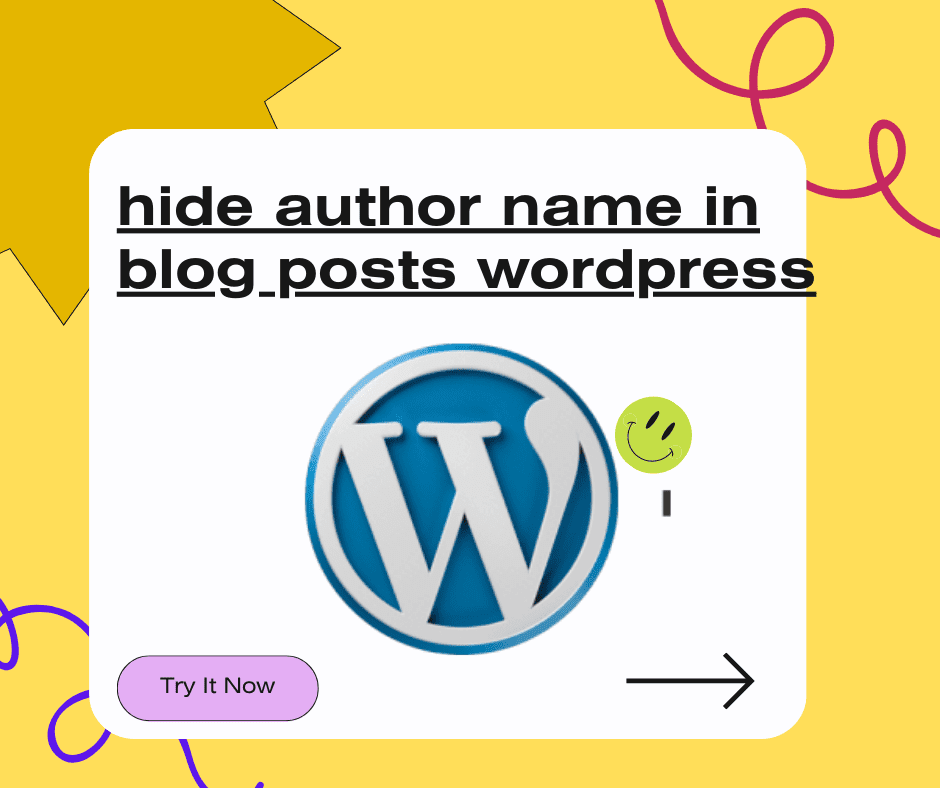


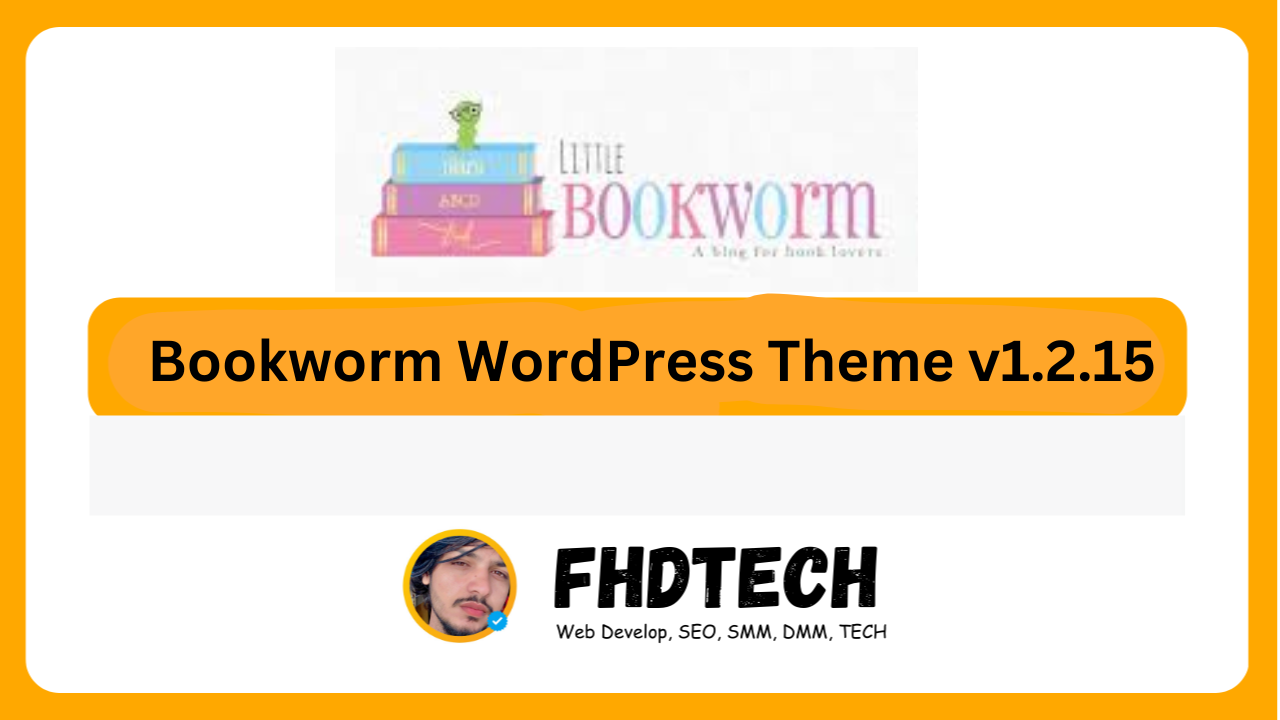
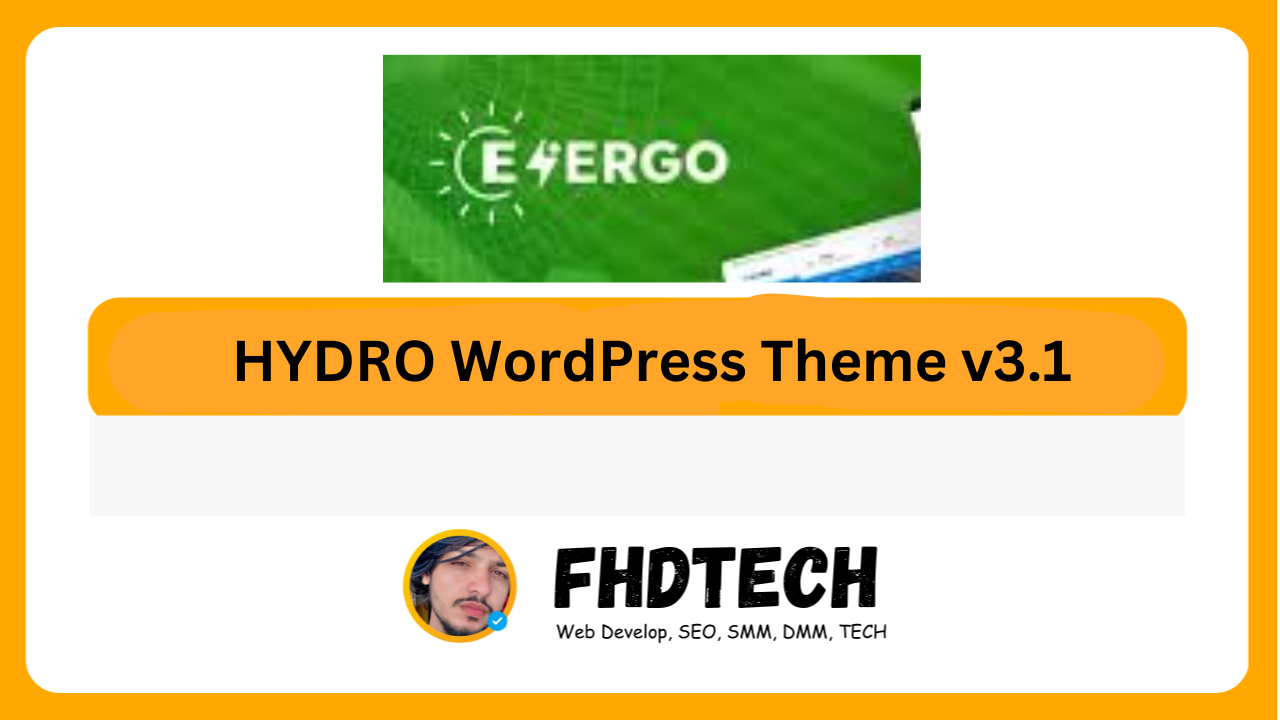





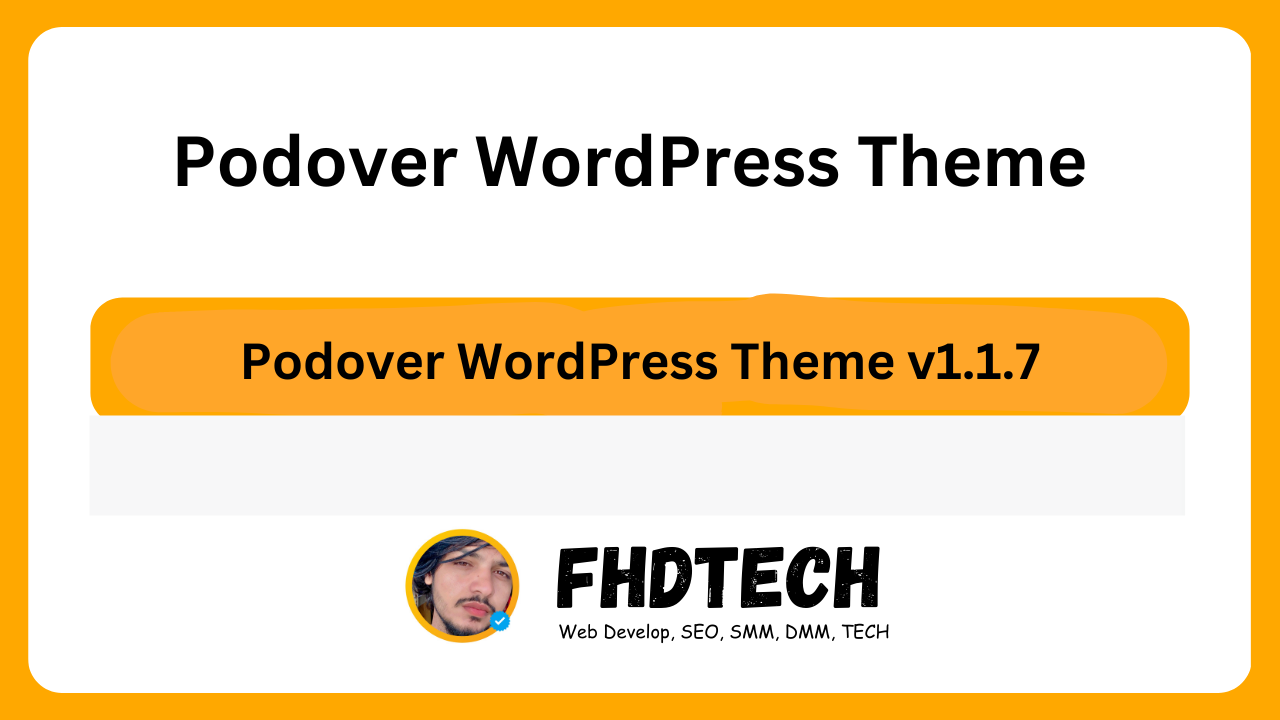
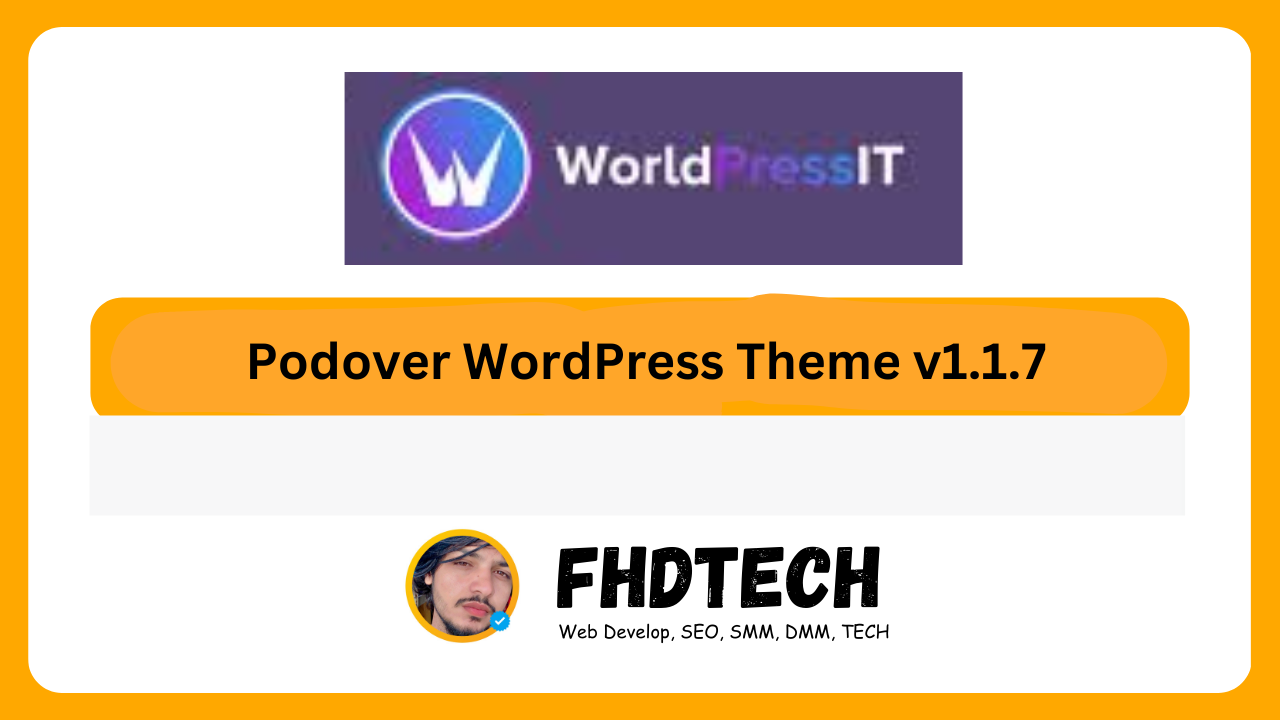

Leave a Comment